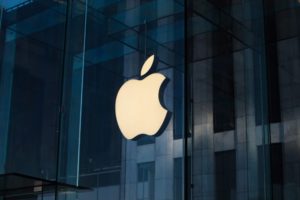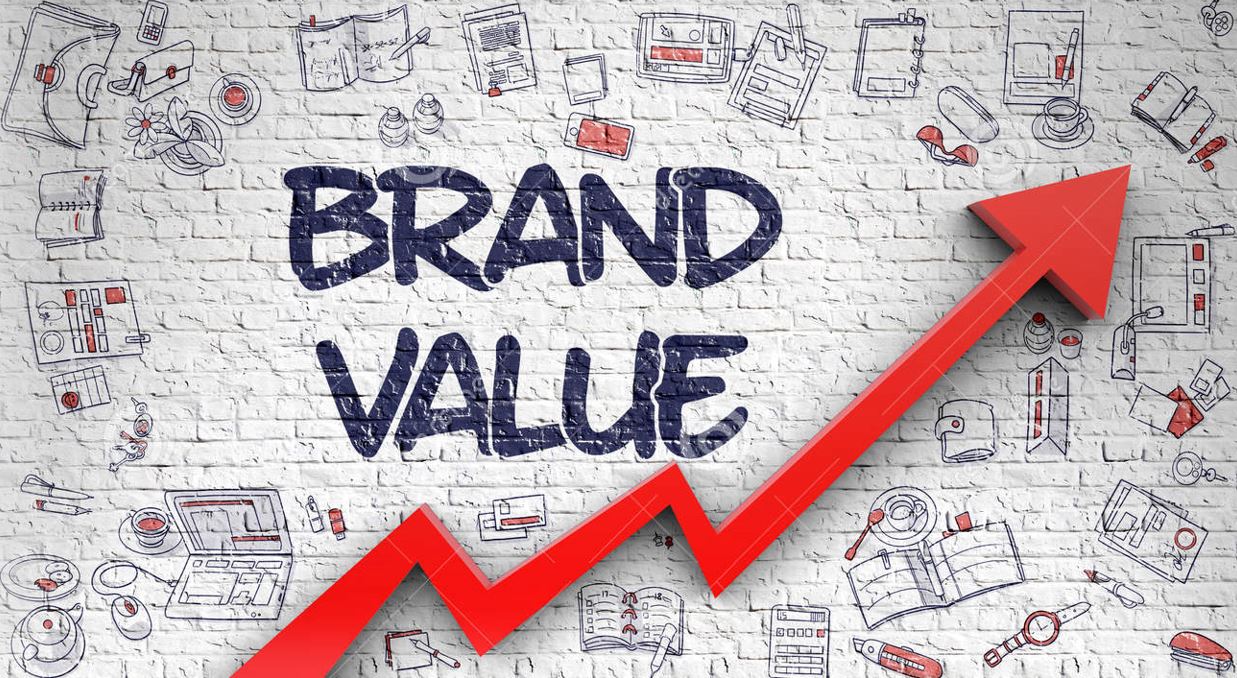Apple remains the most valuable brand in the world, with record valuation at more than $355 billion, according to the latest Brand Finance Global 500.
Apple was valued at $140.5 billion in 2020 – meaning it has increased 152% since then. Apple wrestled the most-valuable brand crown from Amazon last year. While the gap between the two closed a little through 2021. Apple’s place at the top should not come as a surprise. As we noted earlier this month, at the start of 2022 Apple became the first US company to reach $3 trillion market cap. While the iPhone still accounts for around half of the brand’s sales, the company has deepened its focus on diversification and devoted more attention to its other suite of products. Brand Finance points to a new generation of iPads, an overhaul to the iMac and the introduction of AirTags. Its range of services, from Apple Pay to Apple TV, has also gone from strength to strength. Its valuation also reflects the bolstering of its privacy and environmental credentials (eg, through the announcement that its manufacturing partners will be moving to 100% renewable energy as part of the company’s bid to reach carbon neutrality by 2030).
from Amazon last year. While the gap between the two closed a little through 2021. Apple’s place at the top should not come as a surprise. As we noted earlier this month, at the start of 2022 Apple became the first US company to reach $3 trillion market cap. While the iPhone still accounts for around half of the brand’s sales, the company has deepened its focus on diversification and devoted more attention to its other suite of products. Brand Finance points to a new generation of iPads, an overhaul to the iMac and the introduction of AirTags. Its range of services, from Apple Pay to Apple TV, has also gone from strength to strength. Its valuation also reflects the bolstering of its privacy and environmental credentials (eg, through the announcement that its manufacturing partners will be moving to 100% renewable energy as part of the company’s bid to reach carbon neutrality by 2030).
The company is set to continue this diversification, with the prospect of new products such as virtual reality and augmented reality headsets set to provide additional revenue lines. David Haigh, CEO of Brand Finance, commented: “Apple commands an amazing level of brand loyalty, largely thanks to its reputation for quality and innovation. Decades of hard work put into perfecting the brand have seen Apple become a cultural phenomenon, which allows it to not only compete, but thrive in a huge number of markets. With rumors abounding of its foray into electric vehicles and virtual reality, it seems it is ready for a new leap.
Top 25 most valuable brands in the world
| Position | Brand | Brand value | Year-on-year change |
| 1 | Apple | $355,080 million | 35% |
| 2 | Amazon | $350,273 million | 38% |
| 3 | $263,425 million | 38% | |
| 4 | Microsoft | $184,285 million | 31% |
| 5 | Walmart | $111,918 million | 20% |
| 6 | Samsung | $107,284 million | 5% |
| 7 | $101,201 million | 24% | |
| 8 | ICBC | $75,119 million | 3% |
| 9 | Huawei | $71,273 million | 29% |
| 10 | Verizon | $69,639 million | 1% |
| 11 | China Construction Bank | $65,546 million | 10% |
| 12 | Toyota | $64,283 million | 8% |
| 13 | $62,303 million | -8% | |
| 14 | Agricultural Bank of China | $62,031 million | 17% |
| 15 | Mercedes-Benz | $60,760 million | 4% |
| 16 | State Grid | $60,175 million | 9% |
| 17 | Deutsche Telekom | $60,169 million | 18% |
| 18 | TikTok/Douyin | $58,980 million | 215% |
| 19 | Disney | $57,059 million | 11% |
| 20 | Home Depot | $56,312 million | 6% |
| 21 | Ping An | $54,354 million | 0% |
| 22 | Taobao | $53,761 million | 1% |
| 23 | Shell | $49,925 million | 18% |
| 24 | Bank of China | $49,553 million | 2% |
| 25 | Tmall | $49,182 million | 0% |
Source: Brandirectory.com
Amazon joined Apple in crossing the $300 billion brand value mark, while Google jumped 38% to $263.4 billion. The report points to challenges early in the pandemic when ad spend dropped, but as online shopping became the norm, Google’s business rebounded strongly as the ‘go to’ search option. Meanwhile, Huawei reclaimed domestic technology companies and R&D, as well as turning its attention to cloud-based services.
Sharing the headlines with Apple is TikTok, which broke into the top 20 after a staggering 215% jump in brand value – making it the fastest-growing brand last year. The rise was predicated on soaring popularity as people sought to connect during lockdowns and a number of canny strategic partnerships designed to broaden its user base beyond Gen Zers, including its sponsorship of UEFA Euro 2020.





